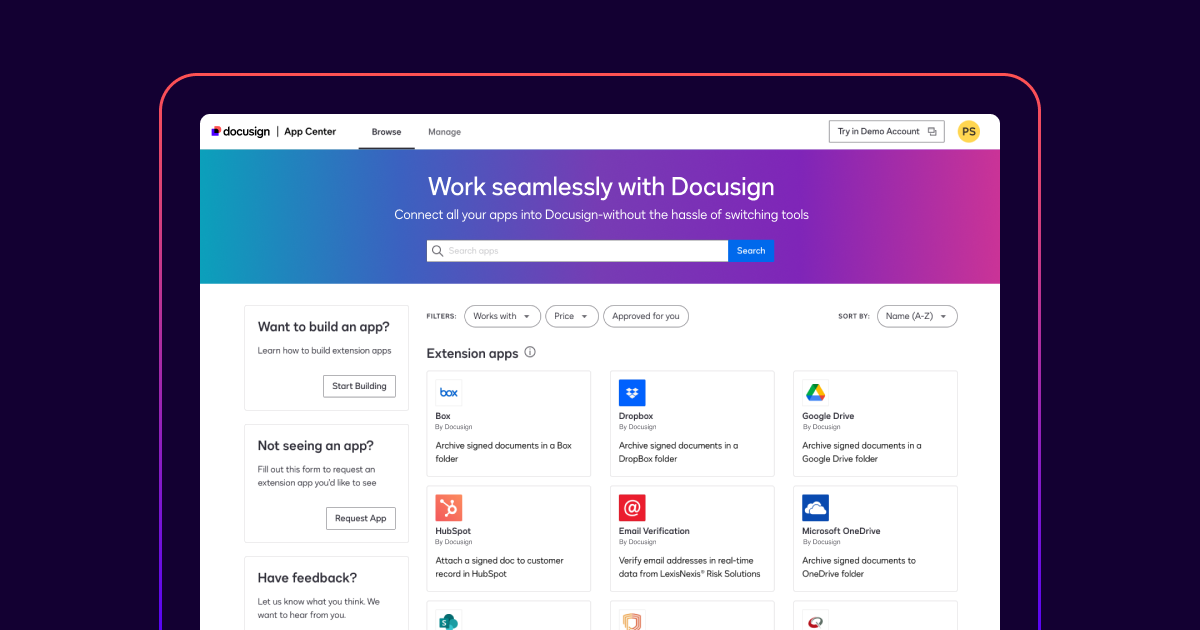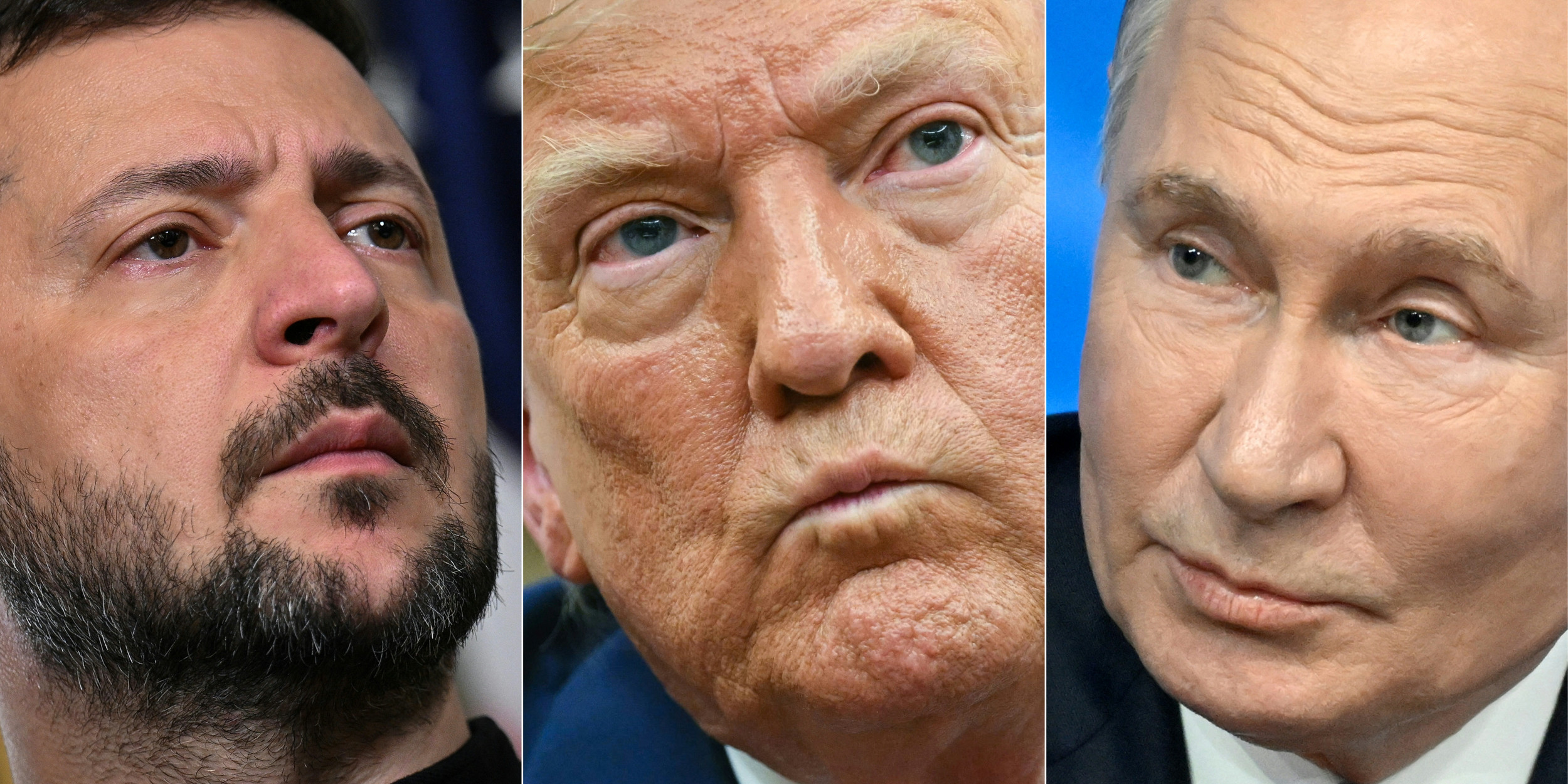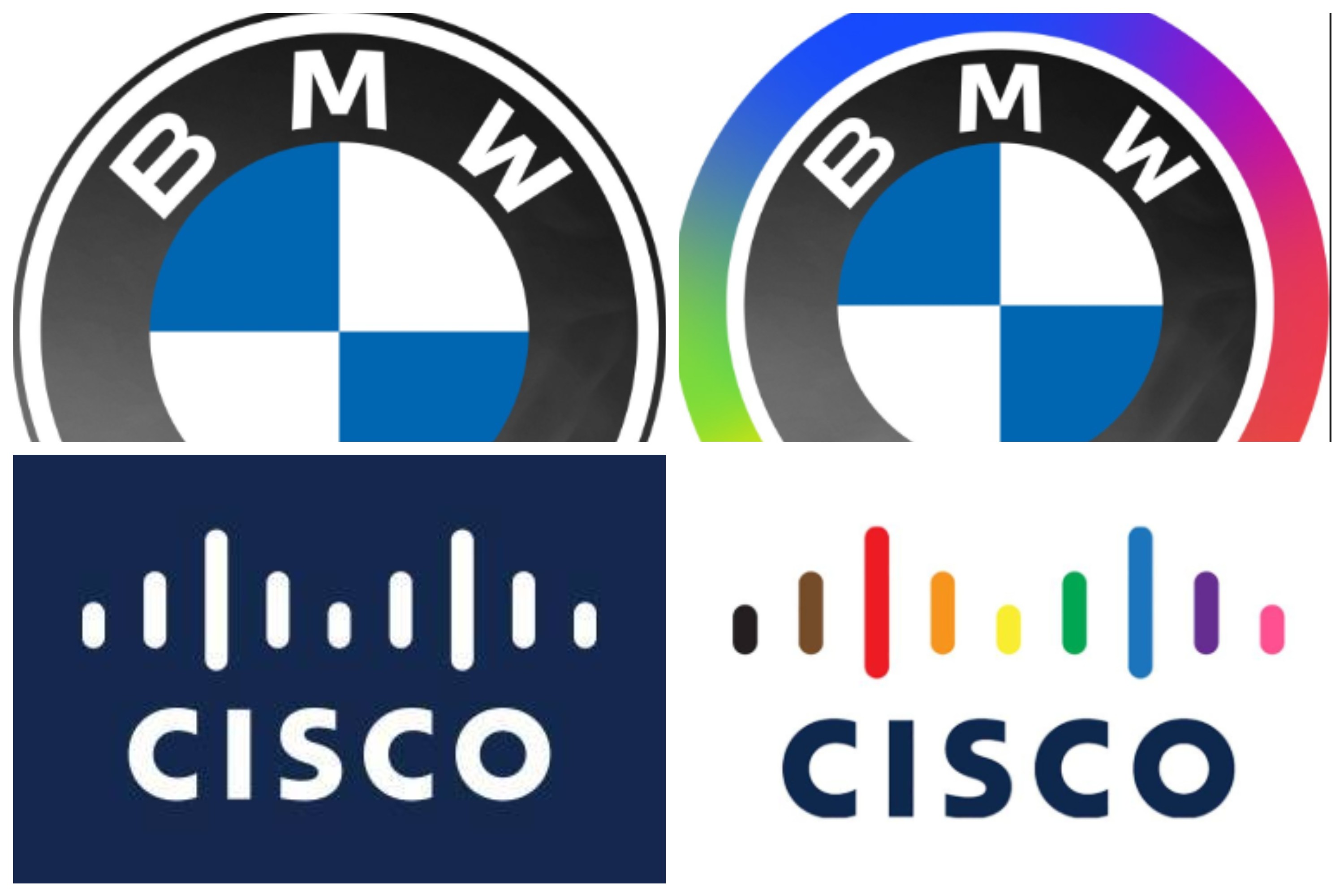🎙️ Voice is AI-generated. Inconsistencies may occur.
Trust is the foundation of any agreement—the parties involved must all be satisfied with the terms and conditions, believe everyone is acting in good faith and feel that any sensitive personal information is secure.
In a time when most processes have been digitalized, there is growing concern about the safety of personal information and private data that changes hands online.
For companies that help people create and finalize such agreements—from leases to employee contracts to business deals—trust is paramount.
Newsweek recently published its ranking of the Most Trustworthy Companies in America 2024. In partnership with Statista, Newsweek ranked the top 700 U.S. companies across 23 industries based on surveys and online brand analyses that measured the trustworthiness of the company.
In the software and telecommunications industry, the top company listed was Docusign—one of the leading e-signature and contract lifecycle management companies in the world. The company jumped up to the No. 1 spot on Newsweek's ranking after being ranked 12th in the software and telecommunications industry in 2023.
With more than 1.5 million customers across 180 countries, Docusign has been making agreement transactions easier for people around the world for decades.
The company's clients include several Fortune 500 companies, top global banks and the U.S federal government—parties that require immense levels of security.
"People give us their most sensitive documents," Docusign CEO Allan Thygesen, who joined the company about 18 months ago, told Newsweek. "We offer a whole variety of services to give [companies] assurances."
This includes encrypted data, contractual integrations to ensure third parties don't have access to the documents and a guarantee that Docusign won't look at the documents or use them in ways that aren't approved, he added.
Docusign was founded in 2003 on the principle of trust.
People sign contracts every day that can change their lives—whether it's a business agreement, employment contract or the lease for a first home.
Agreements themselves are a statement of trust sealed with each party's signature. Twenty years ago, Docusign set out to innovate this space by enhancing the security required when making any agreement.
At the time, the process of finalizing an agreement was "incredibly ineffective and surprisingly not very secure," Docusign VP of Product Management Rebecca Denman told Newsweek.
She said at the time of Docusign's founding, people would mail physical pieces of paper to an organization or individual. Those documents would get put in a file holder and left to sit until someone found them, maybe days later. Someone in the office would then have to find the right person who had to provide a handwritten signature and send it back, via the mail. In total, this process could take weeks to months to complete.
"The founders of Docusign saw that as a wonderful opportunity to increase the efficiency of that whole process, but even more so, they realized there was an opportunity to make it more secure," Denman said.
Docusign pioneered the digital signature, revitalizing the way agreements are made and transitioning the agreement process into the digital age.
While people wanted a better agreement system, Denman said customers were still apprehensive about going digital. Customers had become so reliant on physical, handwritten signatures, and the company had to prove that e-signatures were not only more efficient but also safe.
Trust has long been the centerpiece of the company's culture, as it was essential for getting customers to adopt the product early on.
"When you're disrupting a market, it requires an extreme amount of additional information," she said. "So our beginnings required that we put trust front and center of everything that we did, and that still continues today. I think that's why you see Docusign being trusted with billions of agreements across all of our customers."
Two decades later, Docusign is still working to maintain that connection with customers even as e-signatures and digital dealmaking have become the norm.
CEO Allan Thygesen said the company has "a tremendous love for and attention to customers" and a strong culture around making complex products "simple and delightful" for users.
"We have to deliver trust and security while retaining the ease of use that Docusign is famous for," Thygesen said. "The hardest part is to make it all seamless. It's easy to bury people in super-complicated compliance processes, but the art is being able to design this in a way that feels seamless, but all the security and identity checks are built in."

Thygesen said Docusign works in an "ever evolving and never resting" space.
For example, the company recently underwent a brand redesign to express the company's growth beyond e-signatures to its "full intelligent agreement management category offering, reflecting the depth and breadth of our new solutions," according to an April 11 blog post.
This includes a new logo, font and color scheme and rebranding from "DocuSign" to "Docusign."
And as new challenges present themselves, security remains a top priority. Docusign has introduced several new programs and functions to help make the agreement process more secure and more efficient.
"The threat vectors continue to change and so you, from a security perspective, encounter all kinds of ways that people try to hack your system or try to spoof your system," he said. "We have a world-class team that constantly works on tracking the behaviors and emerging threats."
Docusign introduced a program based on knowledge-based authentication, which goes beyond easily hackable security questions—like "What was your address five years ago?"—and offers a more advanced biometric identification that requires an uploaded ID and a live video session to verify that the person on the ID is the one trying to access the file.
While innovation is important for any company, Docusign is determined not to change for the sake of change or at the cost of customer trust. Denman said the company is constantly balancing the desire to improve with the need to stay true to the company's core values of delivering safe, efficient products customers can trust. When dealing with agreements, Denman said Docusign "can't afford to lose that trust" from customers.
"In the market today, there's plenty of different technology solutions out there that can have the mentality of, 'Let's throw this new innovation out there and see how it goes,'" Denman said. "We can't do that. We have to make sure that we don't break that trust that all of those companies have put in Docusign. It does mean that we have to be really mindful of how we innovate at Docusign and we've continued to do that."
As a result, Docusign continues to listen to the needs of customers when introducing new capacities. Denman said Docusign's customers have enjoyed the value the company delivers and they trust the company to collaborate on ways to improve functions because they are "invested in their agreement journey."
"We spend an exponential amount of time speaking with our customers, understanding where their fears and concerns are and will iterate a design to ensure that we maintain the level of security, privacy and trust that we have established with our customers," Denman said.
In April, Docusign announced the expansion of its company strategy with a new software as a service (SaaS) category, called Intelligent Agreement Management, and Docusign IAM, an Intelligent Agreement Management platform and a suite of applications to lead that category and combat what it calls the "agreement trap."
According to Docusign, the agreement trap happens when outdated agreement systems and processes slow a business down and trap business-critical information inside "static, flat files, unconnected to existing systems of record."

Docusign IAM, therefore, uses artificial intelligence to modernize agreement management. According to the Docusign website, the platform allows businesses to create agreements in a collaborative, automated and integrated way, commit to agreements faster and more securely with a better user experience and manage agreements by "unlocking values and reducing unnecessary risk."
These days, the e-signature field has grown more crowded than it was when Docusign started 20 years ago. But Denman said she isn't worried about the competition because Docusign has not only earned the trust of its customers, but it also has earned the battle scars that come with being a pioneer in the industry.
"The beautiful part about being the first one to disrupt some of this space is that we had to feel the pain," she said. "We had to live through what it meant to convince customers that digitalizing your agreements is a good thing. And I think that a lot of others in the market came after the fact that we'd already paved that road. They haven't had that same experience of how critical that step is."
For CEO Thygesen, the goal is to broaden the perception of the brand while keeping things "as delightful and simple and transparent as possible."
In his first 18 months at the company, he said his core focus has been "revamping the product innovation engine of the company" by announcing a very broad suite of new products in recent months.
"We also needed to reposition the company so that we were thought of as more than a signature company," he said. "That was a big part of that whole launch that happened here a month ago, around the telecommunication agreement management category. And we even changed our logo and the colors and everything just to signify that this is a new Docusign. So that was very exciting. I'm proud of that work."
fairness meter
About the writer
Lauren Giella is a Senior Reporter based in New York. She reports on Newsweek's rankings content, focusing on workplace culture, ... Read more



